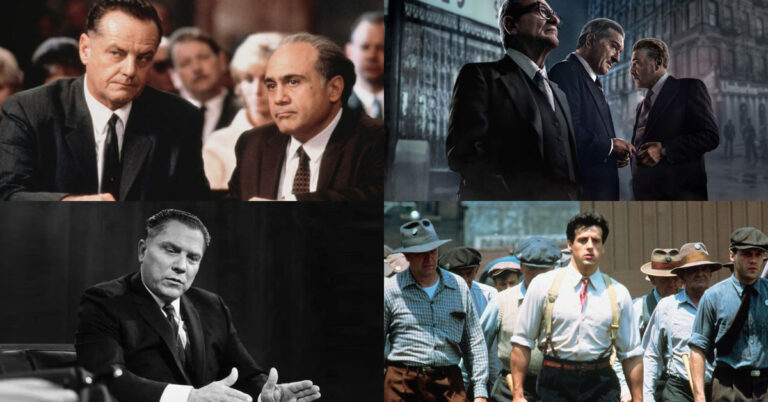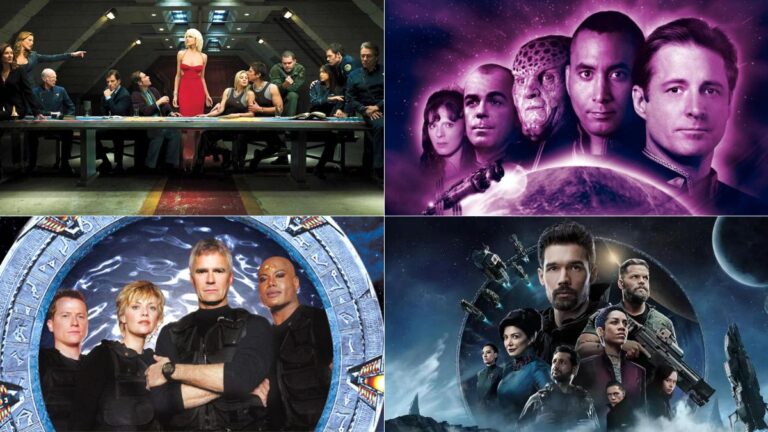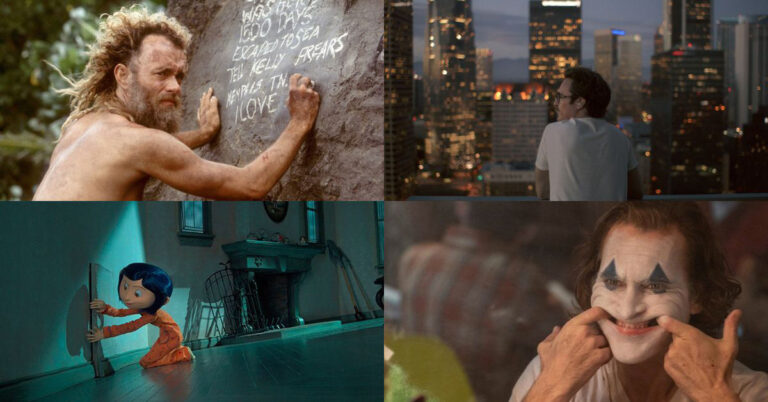25 Best Environmental Documentaries & Movies You Need to Watch
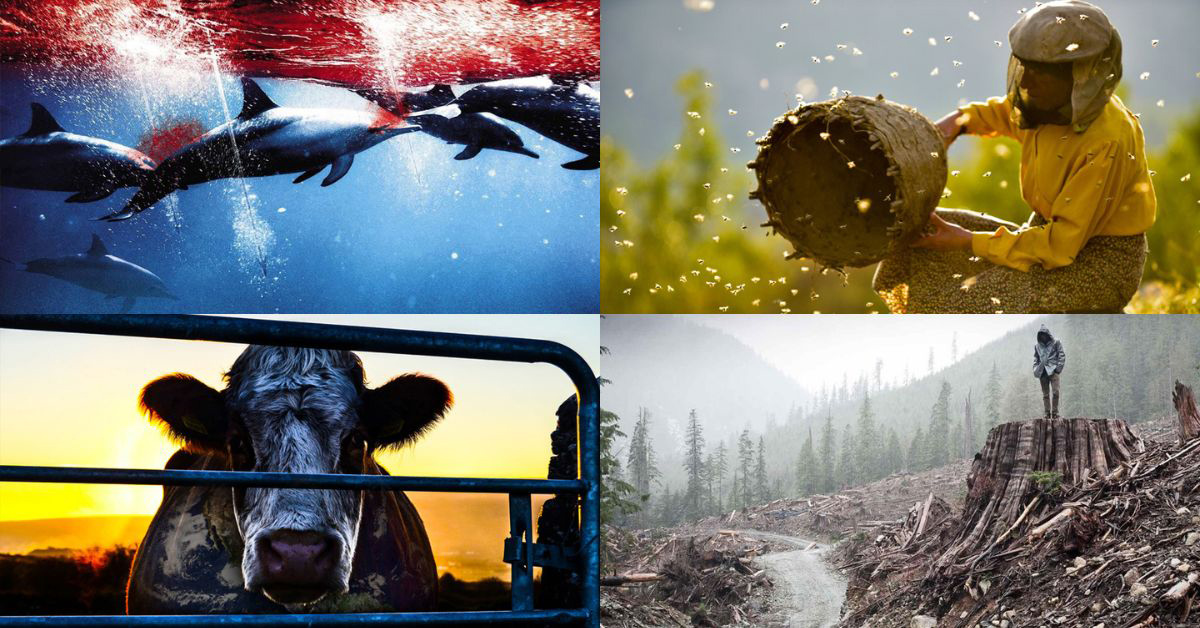
Environmental documentaries have the power to educate and inspire us to take action on the pressing issues facing our planet. From climate change to pollution to deforestation, these films shed light on the challenges we face and offer solutions for how we can make a difference. If you’re looking to learn more about the state of the environment and what you can do to protect it, these are the best environmental documentaries to watch.
Whether you’re a seasoned eco-warrior or just getting started on your sustainability journey, these films will provide valuable insights and fuel your passion for making the world a better place.
Before the Flood (2016)
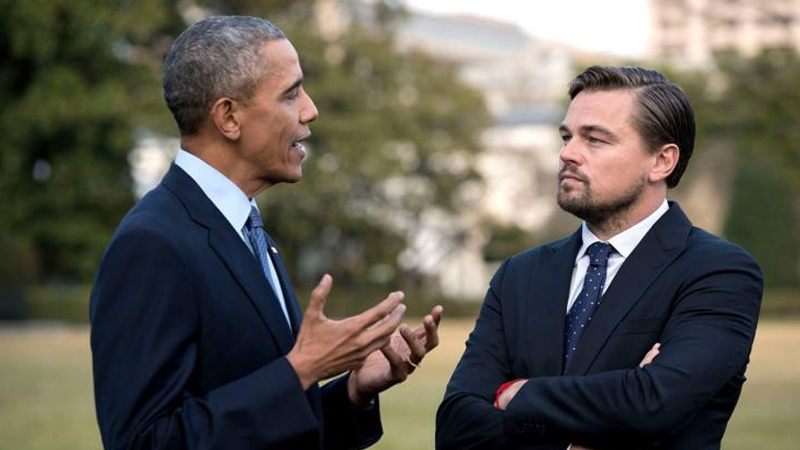
Before the Flood is a 2016 documentary film about climate change directed by Fisher Stevens. The film follows actor and environmental activist Leonardo DiCaprio as he travels around the world to learn about the impacts of climate change and to witness firsthand the efforts being made to address the problem.
Throughout the film, DiCaprio interviews various experts and advocates, including scientists, politicians, and business leaders, to gain a better understanding of the causes and consequences of climate change. He also visits locations around the globe that have been affected by climate change, such as the melting Arctic ice cap and the flooded streets of Miami.
People who are interested in environmental documentaries might watch Before the Flood because it provides a comprehensive overview of the issue of climate change and the efforts being made to address it. The film also highlights the importance of taking action to reduce greenhouse gas emissions and to mitigate the impacts of climate change.
No Impact Man: The Documentary (2009)
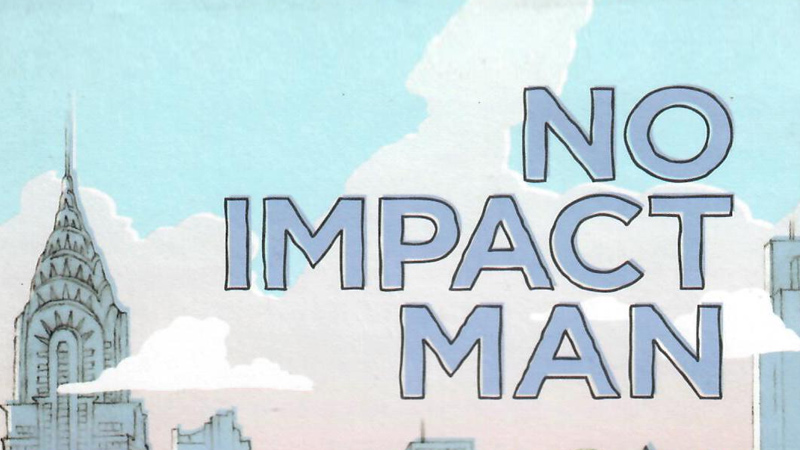
No Impact Man: The Documentary is a 2009 film that tells the story of Colin Beavan, a writer who embarks on a year-long experiment to live a zero-impact lifestyle in New York City. During the experiment, Beavan and his family attempt to reduce their environmental impact by, among other things, cutting out the use of electricity, giving up their car, and eating only locally grown and organic food.
The film follows Beavan as he documents his journey and the challenges he faces as he tries to live a more sustainable life. Along the way, he meets with experts and advocates who discuss the environmental and social impacts of our modern way of life, and he explores alternative approaches to living that are more in harmony with the natural world.
People who are interested in environmental documentaries might watch No Impact Man: The Documentary because it presents a unique and personal perspective on the issue of sustainability and the choices we make as consumers. The film also offers ideas and inspiration for how individuals can take action to reduce their own environmental impact and live more sustainably.
Dirt! The Movie (2009)
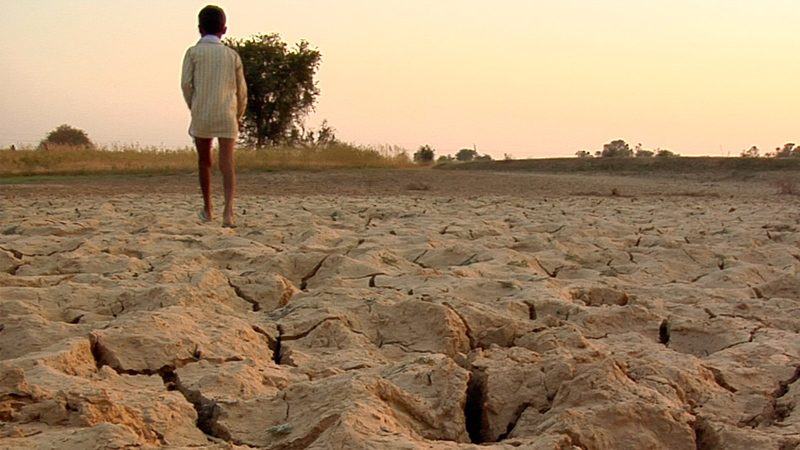
Dirt! The Movie is a 2009 documentary film that explores the relationship between humans and soil. The film argues that soil is a vital, yet often overlooked, resource that is essential to life on earth, and that we must learn to value and protect it if we want to build a more sustainable future.
Throughout the film, various experts and advocates discuss the importance of soil in a variety of contexts, including agriculture, environmental conservation, and human health. The film also examines the ways in which human actions, such as industrial agriculture and urban development, can have negative impacts on soil health and biodiversity, and it presents examples of individuals and communities working to restore and protect soil around the world.
People who are interested in environmental documentaries might watch Dirt! The Movie because it provides a unique perspective on the role of soil in our lives and the need to protect and preserve it for future generations. The film also offers ideas and inspiration for how individuals and communities can take action to support healthy soil and a more sustainable future.
Seaspiracy (2021)
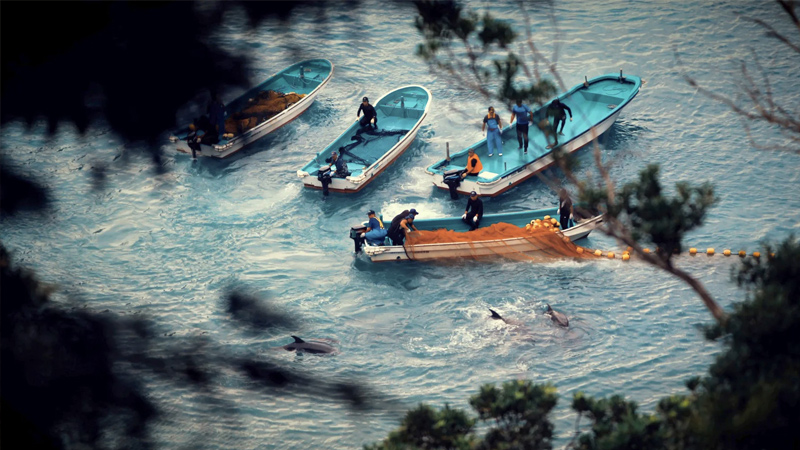
Seaspiracy is a 2021 documentary film that explores the impacts of human activity on the world’s oceans and marine life. The film argues that the fishing industry is a major contributor to ocean pollution, habitat destruction, and overfishing, and that it is often carried out in ways that are unsustainable and inhumane.
Throughout the film, the filmmakers interview a variety of experts and advocates, including scientists, environmentalists, and activists, to learn more about the impacts of the fishing industry on the oceans and marine life. They also visit locations around the world where the fishing industry is having a particularly significant impact, such as the Great Barrier Reef in Australia and the Mediterranean Sea.
People who are interested in environmental documentaries might watch Seaspiracy because it presents a unique and thought-provoking perspective on the issue of ocean conservation and the ways in which human activity is affecting the world’s oceans. The film also offers ideas and inspiration for how individuals can take action to support ocean conservation and more sustainable fishing practices.
Honeyland (2019)
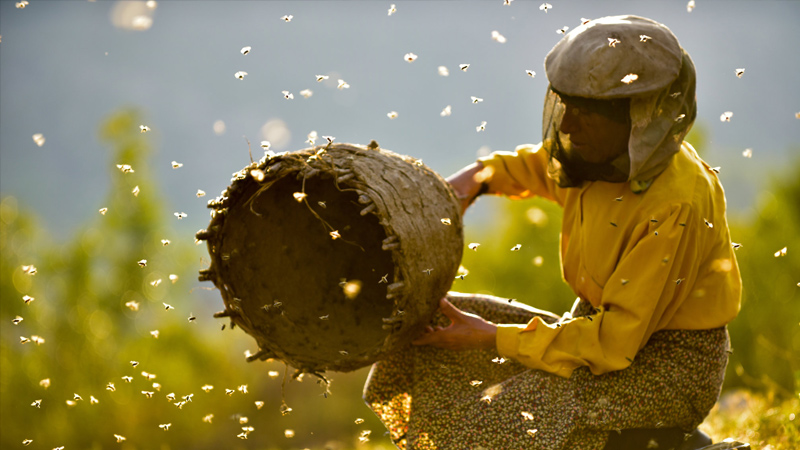
Honeyland is a 2019 documentary film that tells the story of Hatidze Muratova, a wild beekeeper living in the mountains of North Macedonia. The film follows Muratova as she tends to her bees and collects honey in the traditional way, using only the honeycombs and leaving enough honey behind for the bees to survive the winter.
As Muratova goes about her daily routine, the film also explores the broader themes of sustainability and the balance between humans and the natural world. The film shows how Muratova’s way of life is threatened when a family of nomadic beekeepers moves into the area and begins to harvest honey in a more industrial and unsustainable manner, disrupting the delicate balance between the bees and the environment.
People who are interested in environmental documentaries might watch Honeyland because it presents a unique and personal perspective on the importance of sustainability and the ways in which human activity can affect the natural world. The film also offers ideas and inspiration for how individuals can live in harmony with the environment and support more sustainable practices.
Pump (2014)

Pump is a 2014 documentary film that explores the history and impacts of the fossil fuel industry, with a particular focus on oil. The film argues that our reliance on fossil fuels, and oil in particular, has had significant negative impacts on the environment and human health, and that it is time to transition to cleaner, more sustainable forms of energy.
Throughout the film, various experts and advocates discuss the environmental and social impacts of the fossil fuel industry, including air and water pollution, habitat destruction, and climate change. The film also examines the ways in which the industry has influenced politics and policy, and it presents examples of individuals and communities working to transition to more sustainable forms of energy.
People who are interested in environmental documentaries might watch Pump because it provides a comprehensive overview of the issue of fossil fuels and the need to transition to cleaner, more sustainable forms of energy. The film also offers ideas and inspiration for how individuals and communities can take action to support the transition to a more sustainable energy future.
An Inconvenient Truth (2006)
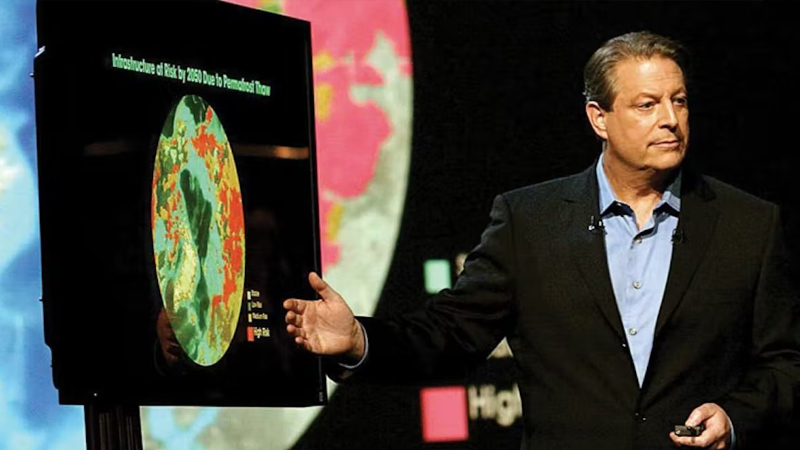
An Inconvenient Truth is a 2006 documentary film about climate change directed by Davis Guggenheim. The film presents the science behind climate change and the impacts it is having on the planet, and it also discusses the efforts being made to address the problem.
The film is based on a slide presentation that former U.S. Vice President Al Gore gave on the topic of climate change. Throughout the film, Gore discusses the causes of climate change, including the burning of fossil fuels and the resulting increase in greenhouse gas emissions, and he presents evidence of the impacts of climate change, such as rising sea levels and more frequent extreme weather events.
People who are interested in environmental documentaries might watch An Inconvenient Truth because it provides a comprehensive and accessible overview of the issue of climate change and the steps that can be taken to address it. The film also offers ideas and inspiration for how individuals can take action to reduce their own carbon footprint and support efforts to combat climate change.
Chasing Coral (2017)
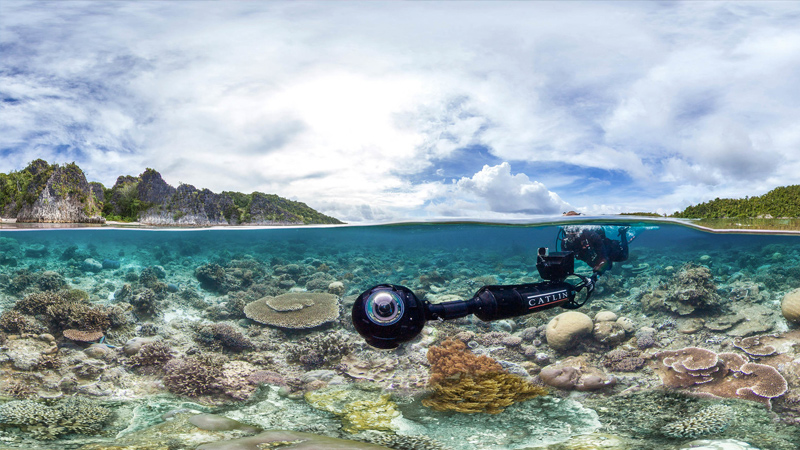
Chasing Coral is a 2017 documentary film that explores the decline of coral reefs around the world and the impacts this is having on marine ecosystems and the people who depend on them. The film argues that climate change, pollution, and overfishing are all contributing to the decline of coral reefs, and that urgent action is needed to protect these vital ecosystems.
Throughout the film, various experts and advocates discuss the importance of coral reefs and the ways in which human activity is affecting them. The film also presents evidence of the impacts of climate change on coral reefs, including bleaching events that can kill coral, and it follows a team of scientists and photographers as they document the decline of coral reefs around the world.
People who are interested in environmental documentaries might watch Chasing Coral because it presents a unique and compelling perspective on the issue of coral reef conservation and the impacts of climate change. The film also offers ideas and inspiration for how individuals and communities can take action to protect coral reefs and support more sustainable practices.
Blackfish (2013)
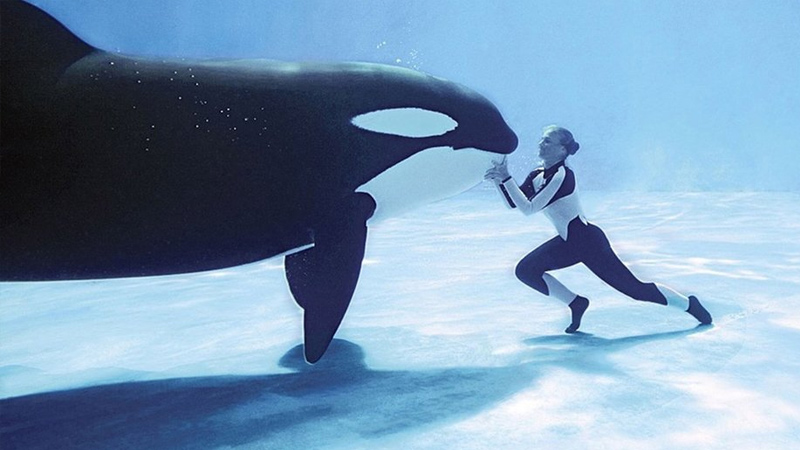
Blackfish is a 2013 documentary film that explores the captivity of killer whales, also known as orcas, in marine theme parks. The film focuses on the life of Tilikum, a male killer whale who was captured in the wild and held in captivity for more than 25 years.
Throughout the film, various experts and advocates discuss the impact of captivity on killer whales and the ways in which the marine theme park industry has exploited these animals for profit. The film also presents evidence of the negative impacts of captivity on the physical and psychological health of killer whales, and it explores the social bonds and complex communication systems of these highly intelligent and social animals.
People who are interested in environmental documentaries might watch Blackfish because it presents a unique and thought-provoking perspective on the issue of animal captivity and the impacts of the marine theme park industry. The film also offers ideas and inspiration for how individuals can support more humane and sustainable practices in the treatment of animals.
Virunga (2014)
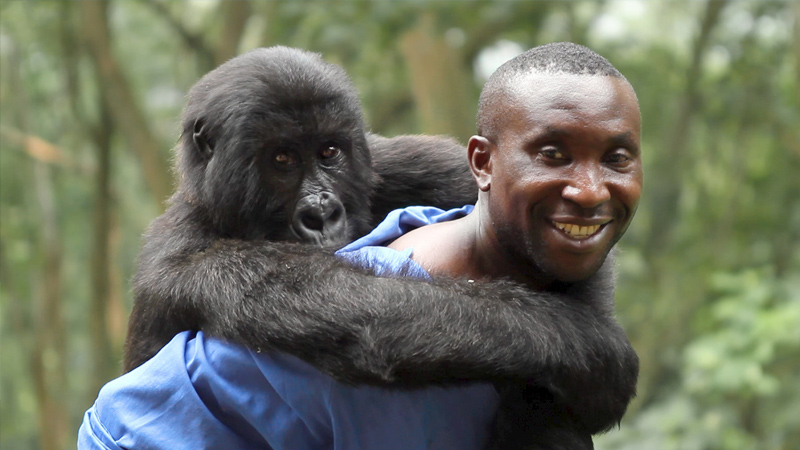
Virunga is a 2014 documentary film that tells the story of the efforts to protect the Virunga National Park, a UNESCO World Heritage site located in the Democratic Republic of Congo. The film focuses on the work of a team of conservationists and park rangers who are working to protect the park’s wildlife and natural resources, including gorillas, elephants, and oil deposits, from threats such as poaching, illegal logging, and the expansion of the oil industry.
Throughout the film, various experts and advocates discuss the importance of the Virunga National Park and the challenges faced by those working to protect it. The film also presents the stories of individuals who have been affected by the conflict and conservation efforts in the park, including park rangers, local communities, and the wildlife that calls the park home.
People who are interested in environmental documentaries might watch Virunga because it presents a unique and compelling perspective on the issues of conservation and sustainability, and the ways in which human activities can impact the natural world. The film also offers ideas and inspiration for how individuals and communities can take action to protect and preserve important natural areas and the wildlife that depends on them.
Planet of the Humans (2019)
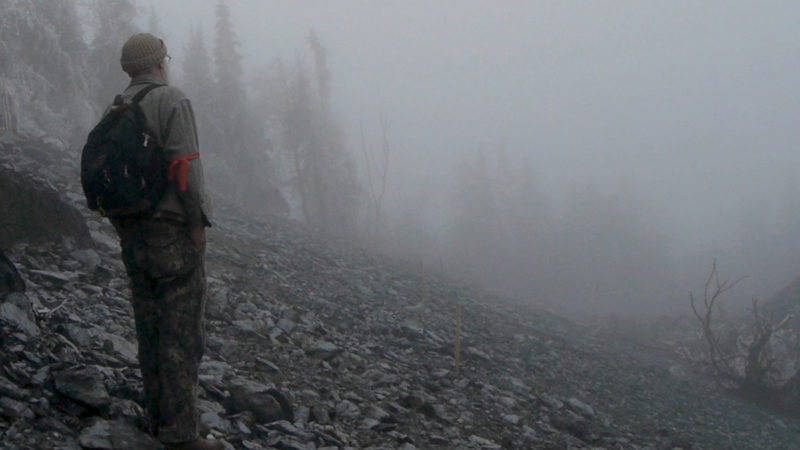
Planet of the Humans is a 2019 documentary film that explores the limitations and impacts of renewable energy technologies, such as solar and wind power. The film argues that these technologies are not as environmentally friendly or sustainable as they are often portrayed, and that they rely on fossil fuels and other non-renewable resources in their production and use.
Throughout the film, various experts and advocates discuss the environmental impacts of renewable energy technologies, including land use and resource depletion, and they present evidence that these technologies are not able to fully replace fossil fuels. The film also examines the influence of the renewable energy industry on politics and policy, and it presents alternative approaches to sustainability and energy production.
People who are interested in environmental documentaries might watch Planet of the Humans because it presents a unique and thought-provoking perspective on the issue of renewable energy and the ways in which it is often portrayed. The film also offers ideas and inspiration for how individuals and communities can take a more critical and nuanced approach to sustainability and energy production.
The 11th Hour (2007)
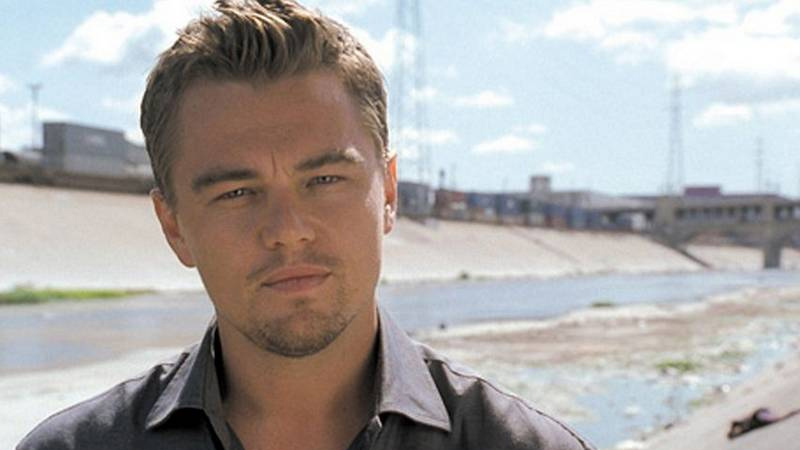
The 11th Hour is a 2007 documentary film about climate change directed by Leila Conners Petersen and Nadia Conners. The film presents a comprehensive overview of the science behind climate change and the impacts it is having on the planet, and it discusses the efforts being made to address the problem.
Throughout the film, various experts and advocates discuss the causes of climate change, including the burning of fossil fuels and the resulting increase in greenhouse gas emissions, and they present evidence of the impacts of climate change, such as rising sea levels and more frequent extreme weather events. The film also examines the role of humans in causing and addressing climate change, and it presents ideas and inspiration for how individuals and communities can take action to reduce their own carbon footprint and support efforts to combat climate change.
People who are interested in environmental documentaries might watch The 11th Hour because it provides a comprehensive and accessible overview of the issue of climate change and the steps that can be taken to address it. The film also offers ideas and inspiration for how individuals can take action to reduce their own carbon footprint and support efforts to combat climate change.
Vanishing of the Bees (2009)
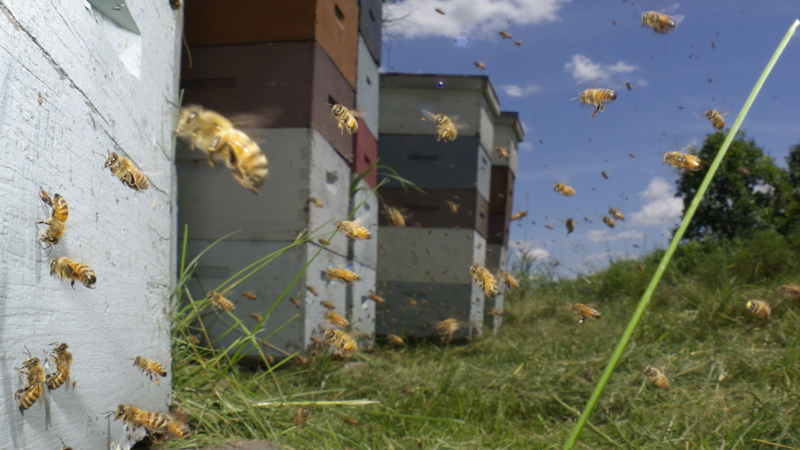
Vanishing of the Bees is a 2009 documentary film that explores the phenomenon of Colony Collapse Disorder (CCD), a mysterious and largely unexplained decline in the number of honey bees around the world. The film argues that CCD is a complex problem with multiple causes, including the use of pesticides, disease, and habitat loss, and that it has significant implications for agriculture, the environment, and human health.
Throughout the film, various experts and advocates discuss the importance of honey bees and the ways in which human activity is affecting them. The film also presents evidence of the impacts of CCD on the global food supply and the environment, and it explores the efforts being made to understand and address the problem.
People who are interested in environmental documentaries might watch Vanishing of the Bees because it presents a unique and thought-provoking perspective on the issue of honey bee conservation and the ways in which human activity is affecting these important insects. The film also offers ideas and inspiration for how individuals and communities can take action to support honey bees and more sustainable practices in agriculture.
The True Cost (2015)

The True Cost is a 2015 documentary film that explores the environmental and social impacts of the fast fashion industry, which is known for its cheap, trendy, and often disposable clothing. The film argues that the fast fashion industry is built on a model of cheap labor, resource depletion, and environmental pollution, and that it has significant negative impacts on people and the planet.
Throughout the film, various experts and advocates discuss the environmental and social impacts of the fast fashion industry, including water and air pollution, habitat destruction, and the exploitation of workers in developing countries. The film also examines the ways in which consumers can support more sustainable and ethical fashion practices, and it presents examples of individuals and companies working to create a more sustainable fashion industry.
People who are interested in environmental documentaries might watch The True Cost because it presents a unique and thought-provoking perspective on the issue of sustainability and the fast fashion industry. The film also offers ideas and inspiration for how individuals can support more sustainable and ethical fashion practices and reduce their own environmental impact.
Think Global, Act Rural (2010)
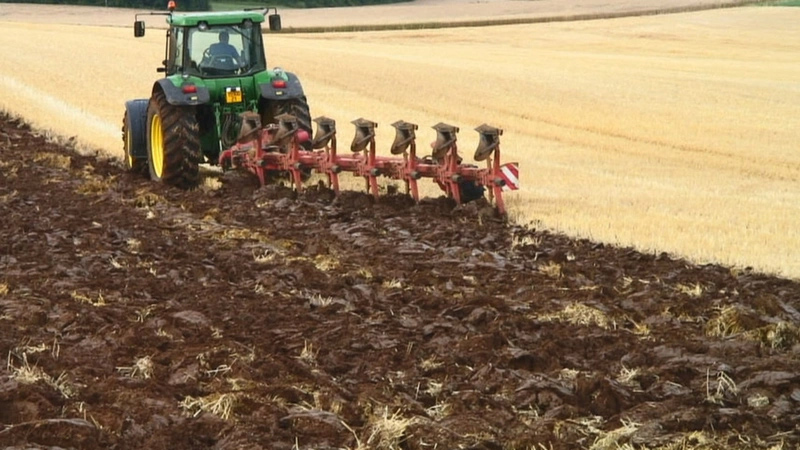
Think Global, Act Rural is a 2010 documentary film that explores the work of rural communities around the world as they seek to address issues related to sustainability, food security, and economic development. The film argues that rural communities often have unique solutions to these complex challenges, and that their experiences and innovations can be valuable for the wider world.
Throughout the film, various experts and advocates discuss the challenges and opportunities facing rural communities, and they present examples of individuals and communities working to create more sustainable and resilient ways of life. The film also explores the ways in which global trends and issues, such as climate change and globalization, are affecting rural communities and how they are responding.
People who are interested in environmental documentaries might watch Think Global, Act Rural because it presents a unique and inspiring perspective on the work of rural communities and the ways in which they are addressing challenges related to sustainability and development. The film also offers ideas and inspiration for how individuals and communities can support more sustainable and resilient ways of life.
If a Tree Falls: A Story of the Earth Liberation Front (2011)
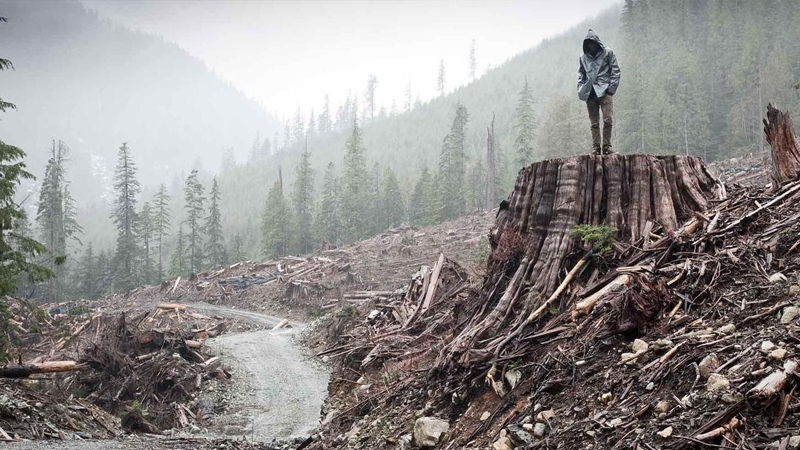
If a Tree Falls: A Story of the Earth Liberation Front (ELF) is a 2011 documentary film that explores the history and activities of the ELF, a radical environmental group that has been active in the United States since the 1990s. The film presents the story of Daniel McGowan, a member of the ELF who was arrested and charged with terrorism for his involvement in a series of arson attacks against targets such as logging companies and government research facilities.
Throughout the film, various experts and advocates discuss the ideology and actions of the ELF, and they present evidence of the group’s involvement in the attacks. The film also explores the legal and ethical implications of the ELF’s actions, and it presents differing perspectives on the group’s motivations and tactics.
People who are interested in environmental documentaries might watch If a Tree Falls: A Story of the Earth Liberation Front because it presents a unique and thought-provoking perspective on the issue of environmental activism and the role of radicalism in social change. The film also offers ideas and inspiration for how individuals and communities can take action to support environmental causes and create social and political change.
An Inconvenient Sequel: Truth to Power (2017)
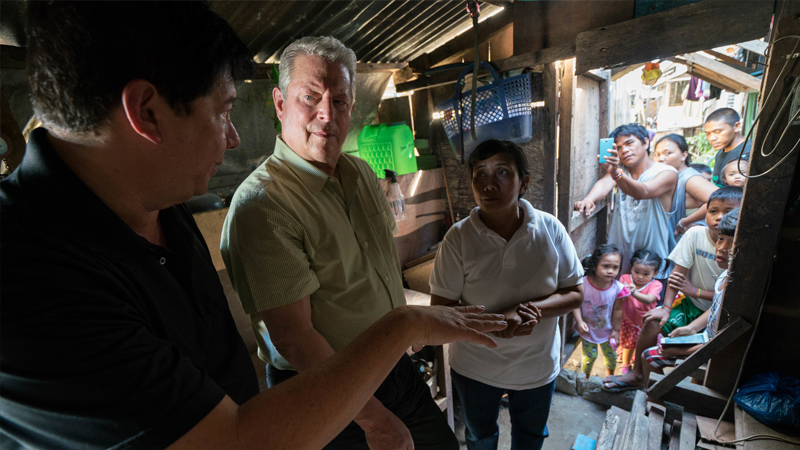
An Inconvenient Sequel: Truth to Power is a 2017 documentary film about climate change directed by Bonni Cohen and Jon Shenk. The film is a sequel to the 2006 film An Inconvenient Truth, and it presents an update on the science and impacts of climate change, as well as the efforts being made to address the problem.
Throughout the film, various experts and advocates discuss the causes and impacts of climate change, including the burning of fossil fuels and the resulting increase in greenhouse gas emissions, and they present evidence of the impacts of climate change, such as rising sea levels and more frequent extreme weather events. The film also examines the role of humans in causing and addressing climate change, and it presents ideas and inspiration for how individuals and communities can take action to reduce their own carbon footprint and support efforts to combat climate change.
People who are interested in environmental documentaries might watch An Inconvenient Sequel: Truth to Power because it provides a comprehensive and updated overview of the issue of climate change and the steps that can be taken to address it. The film also offers ideas and inspiration for how individuals can take action to reduce their own carbon footprint and support efforts to combat climate change.
Tomorrow (2015)
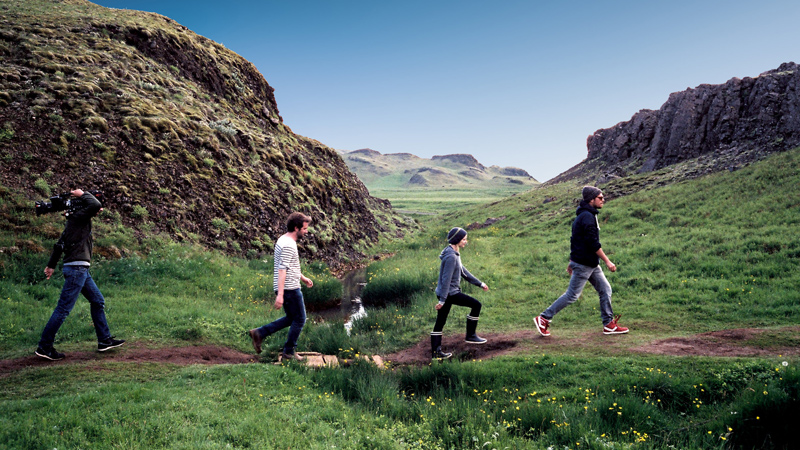
Tomorrow is a 2015 documentary film that explores the efforts of individuals, organizations, and communities around the world to create more sustainable and resilient ways of living. The film argues that local and community-level initiatives are key to addressing global challenges such as climate change, economic inequality, and resource depletion, and it presents examples of innovative and practical solutions to these problems.
Throughout the film, various experts and advocates discuss the challenges and opportunities facing communities around the world, and they present examples of individuals and organizations working to create more sustainable and resilient ways of living. The film also explores the ways in which global trends and issues, such as climate change and globalization, are affecting communities and how they are responding.
People who are interested in environmental documentaries might watch Tomorrow because it presents a unique and inspiring perspective on the work of communities and individuals around the world to create more sustainable and resilient ways of living. The film also offers ideas and inspiration for how individuals and communities can take action to support more sustainable and resilient ways of life.
Cowspiracy: The Sustainability Secret (2014)
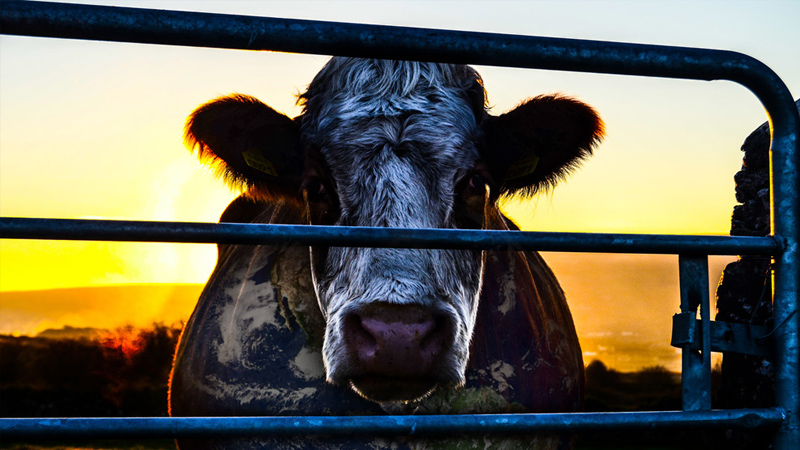
Cowspiracy: The Sustainability Secret is a 2014 documentary film that explores the environmental impacts of animal agriculture, with a particular focus on the role of livestock, such as cows, in greenhouse gas emissions and other environmental problems. The film argues that animal agriculture is a major contributor to climate change and other environmental problems, and that it is often overlooked or downplayed by environmental organizations and the media.
Throughout the film, various experts and advocates discuss the environmental impacts of animal agriculture, including land use, water consumption, and greenhouse gas emissions, and they present evidence of the ways in which animal agriculture is contributing to environmental problems. The film also examines the efforts of environmental organizations and the media to address these issues, and it presents ideas and inspiration for how individuals can support more sustainable and plant-based diets.
People who are interested in environmental documentaries might watch Cowspiracy: The Sustainability Secret because it presents a unique and thought-provoking perspective on the issue of animal agriculture and its impacts on the environment. The film also offers ideas and inspiration for how individuals can support more sustainable and plant-based diets and reduce their own environmental impact.
The Cove (2009)
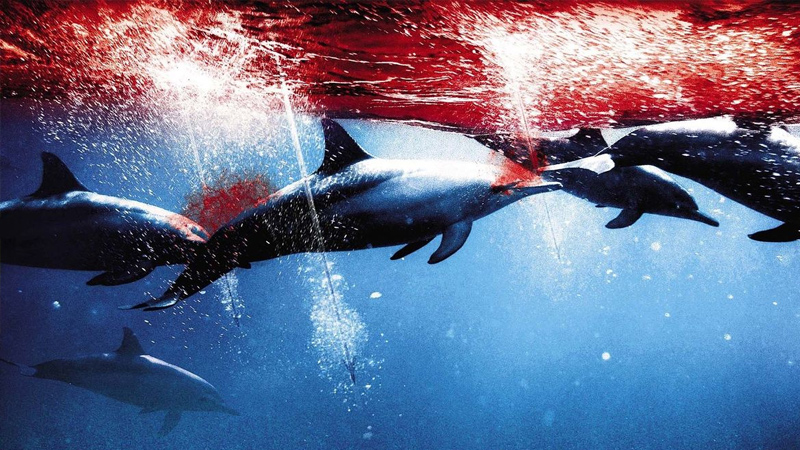
The Cove is a 2009 documentary film that exposes the annual dolphin hunt that takes place in Taiji, Japan, and the wider issue of the captivity and exploitation of dolphins. The film argues that the dolphin hunt is inhumane and environmentally damaging, and that the capture and sale of dolphins for entertainment purposes is unethical.
Throughout the film, various experts and advocates discuss the dolphin hunt and the captivity of dolphins, and they present evidence of the ways in which these practices are affecting the welfare and conservation of dolphins. The film also follows a team of activists and filmmakers as they seek to expose the dolphin hunt and bring attention to the issue.
People who are interested in environmental documentaries might watch The Cove because it presents a unique and compelling perspective on the issue of dolphin conservation and the impacts of human activities on marine ecosystems. The film also offers ideas and inspiration for how individuals can support more humane and sustainable practices in the treatment of dolphins and other marine animals.
Sea of Shadows (2019)
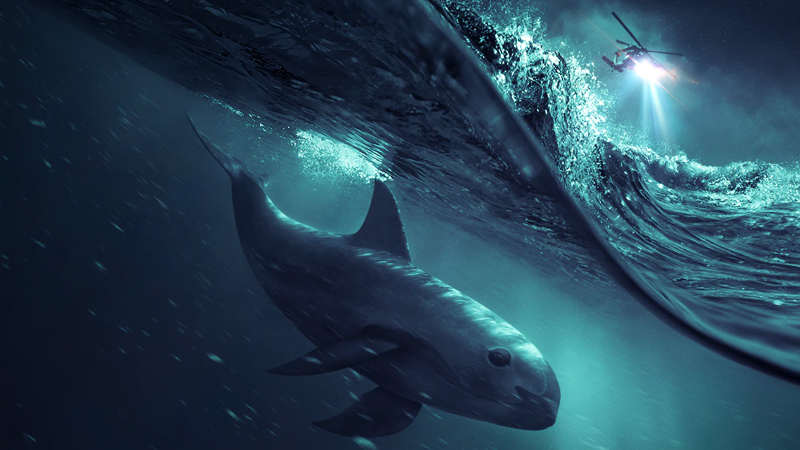
Sea of Shadows is a 2019 documentary film that tells the story of the vaquita, a small and critically endangered porpoise found only in the Gulf of California, and the efforts to protect it from extinction. The film focuses on the work of a team of scientists, conservationists, and activists who are working to save the vaquita from extinction, and it explores the threats facing the species, including illegal fishing and the use of gillnets.
Throughout the film, various experts and advocates discuss the importance of the vaquita and the efforts being made to protect it. The film also presents the stories of individuals who have been affected by the conservation efforts, including local communities and the wildlife that depends on the Gulf of California.
People who are interested in environmental documentaries might watch Sea of Shadows because it presents a unique and compelling perspective on the issue of conservation and the efforts to protect endangered species. The film also offers ideas and inspiration for how individuals and communities can take action to support conservation efforts and protect endangered species.
Darwin’s Nightmare (2004)
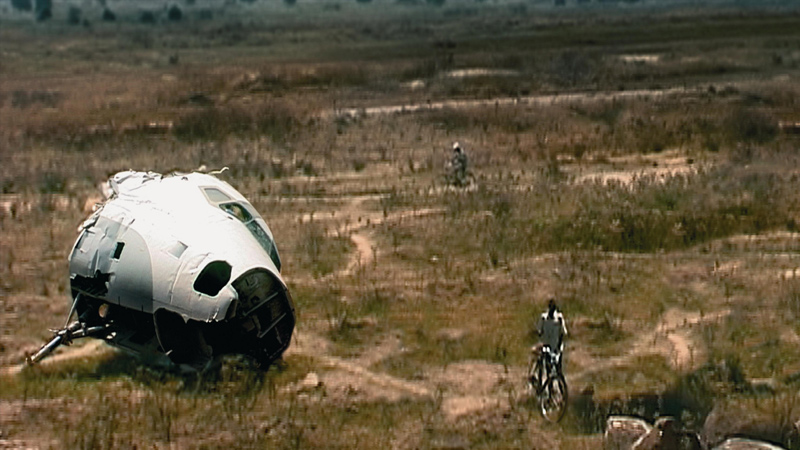
Darwin’s Nightmare is a 2004 documentary film that explores the environmental and social impacts of the Nile perch industry in Tanzania, particularly on the shores of Lake Victoria. The film argues that the introduction of the Nile perch into the lake, which was promoted as a way to boost the local economy, has had significant negative impacts on the local ecosystem and communities.
Throughout the film, various experts and advocates discuss the environmental and social impacts of the Nile perch industry, including habitat destruction, resource depletion, and the exploitation of local workers. The film also presents the stories of individuals who have been affected by the industry, including fishermen, traders, and local communities.
People who are interested in environmental documentaries might watch Darwin’s Nightmare because it presents a unique and thought-provoking perspective on the issue of sustainability and the ways in which human activities can impact the natural world and local communities. The film also offers ideas and inspiration for how individuals and communities can support more sustainable and equitable practices in resource management and economic development.
Trashed (2012)
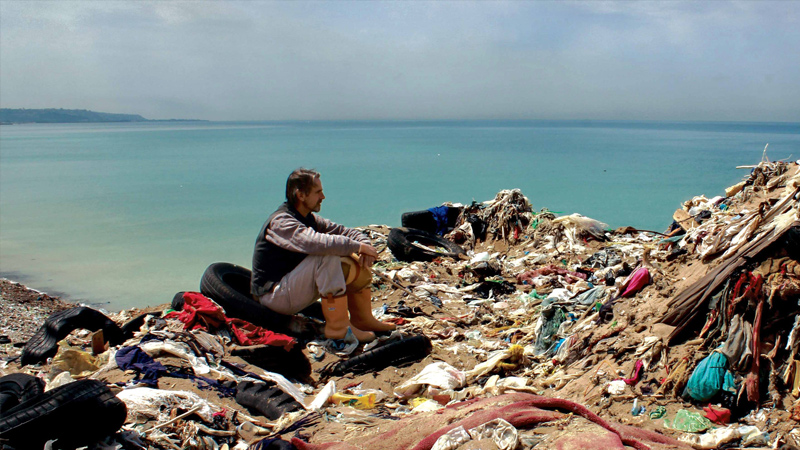
Trashed is a 2012 documentary film that explores the issue of waste and its impacts on the environment and human health. The film follows actor Jeremy Irons as he travels around the world to learn about the various ways in which waste is produced and managed, and the environmental and health impacts of these practices.
Throughout the film, various experts and advocates discuss the environmental and health impacts of waste, including pollution, resource depletion, and the spread of disease. The film also examines the efforts being made to reduce waste and improve waste management practices, and it presents ideas and inspiration for how individuals and communities can take action to reduce waste and support more sustainable practices.
People who are interested in environmental documentaries might watch Trashed because it presents a unique and thought-provoking perspective on the issue of waste and its impacts on the environment and human health. The film also offers ideas and inspiration for how individuals and communities can take action to reduce waste and support more sustainable practices.
GasLand (2010)
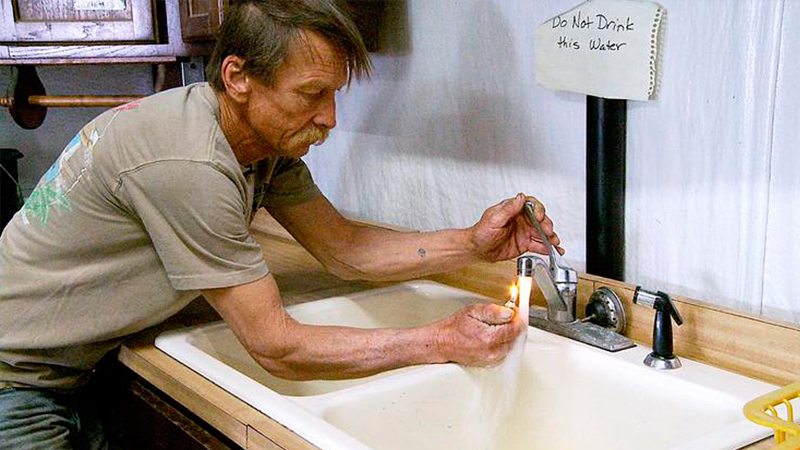
Gasland is a 2010 documentary film that explores the environmental and health impacts of hydraulic fracturing, or “fracking,” a method of extracting natural gas from shale formations. The film argues that fracking has significant negative impacts on the environment and human health, and that the industry and regulators have often downplayed or ignored these impacts.
Throughout the film, various experts and advocates discuss the environmental and health impacts of fracking, including air and water pollution, habitat destruction, and the contamination of groundwater. The film also presents the stories of individuals and communities who have been affected by fracking, and it examines the efforts of the industry and regulators to address these issues.
People who are interested in environmental documentaries might watch Gasland because it presents a unique and thought-provoking perspective on the issue of fracking and its impacts on the environment and human health. The film also offers ideas and inspiration for how individuals and communities can take action to support more sustainable and environmentally responsible practices in energy production.
We Feed the World (2005)

We Feed the World is a 2005 documentary film that explores the global food system and the ways in which it is affecting the environment, human health, and the economy. The film argues that the current food system is unsustainable and that it is contributing to environmental problems such as habitat destruction, resource depletion, and climate change.
Throughout the film, various experts and advocates discuss the environmental and social impacts of the global food system, and they present evidence of the ways in which the current system is contributing to environmental problems. The film also examines the efforts being made to create more sustainable and equitable food systems, and it presents ideas and inspiration for how individuals and communities can support more sustainable and healthy food practices.
People who are interested in environmental documentaries might watch We Feed the World because it presents a unique and thought-provoking perspective on the issue of sustainability and the global food system. The film also offers ideas and inspiration for how individuals and communities can support more sustainable and healthy food practices and reduce their own environmental impact.


